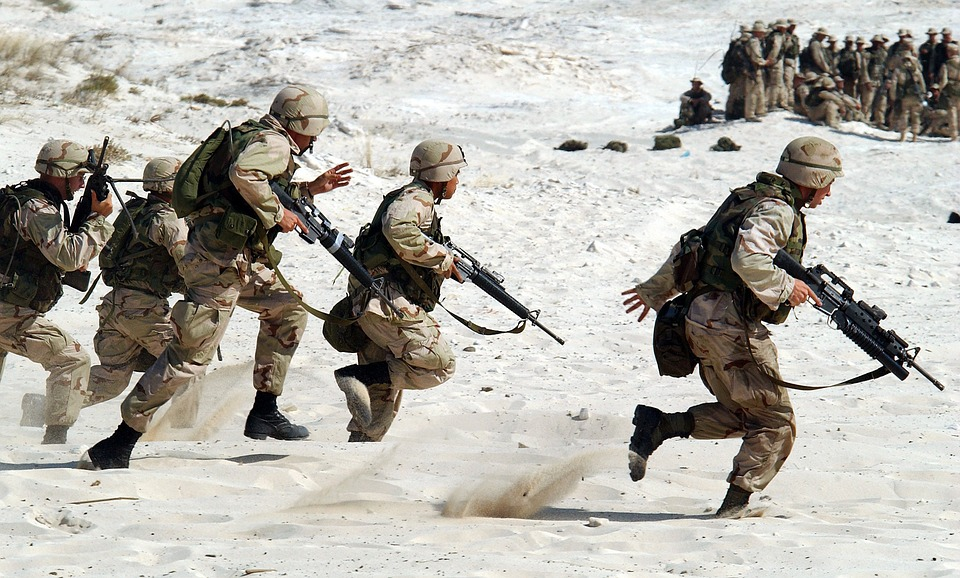The National Defense Authorization Act (NDAA) has been recently passed by the US Senate, authorizing $858 billion in military spending for the 2023 fiscal year. This includes pay increases for troops, funding for weapons, and support for Taiwan and Ukraine. This comes even after some European officials have accused the United States of profiting from the conflict in Ukraine by selling more natural gas and weapons to European countries at higher prices, which they claim is damaging the united front against Russia and contributing to Europe's economic struggles. Rumours are circulating that Russia will retaliate by asking for a gram of gold for two barrels of crude oil, introducing the petrogold system instead of petrodollar norms.
EQUITY
The Dow Jones Industrial Average fell 764.13 points (2.25%), the S&P 500 lost 99.59 points (2.49%), and the Nasdaq Composite dropped 360.36 points (3.23%). This decline was driven by concerns about the potential for a recession caused by the Federal Reserve's efforts to combat inflation through interest rate hikes, as well as mixed economic data and a tight labour market.
OIL
The IEA raised its 2023 oil demand growth estimate to 1.7 million barrels per day (bpd). China's oil demand is expected to contract by 400,000 bpd, and supply is expected to tighten next year due to a Western embargo on China's crude oil shipments.
GOLD
Shiny yellow metal prices fell 1.69% yesterday, pushing the price below the $1800 level due to higher interest rates, which increase the opportunity cost of holding non-yielding assets. Other factors, such as economic data and inflation, may also be affecting the price of gold.
CURRENCY
Most Asian currencies rose slightly on Friday but were set to end the week lower due to hawkish signals from major central banks, weak economic readings, and a stronger dollar. The US dollar currency index settled 0.95% higher from the interest rate decision but is unlikely to reverse the declining trend anytime soon.













